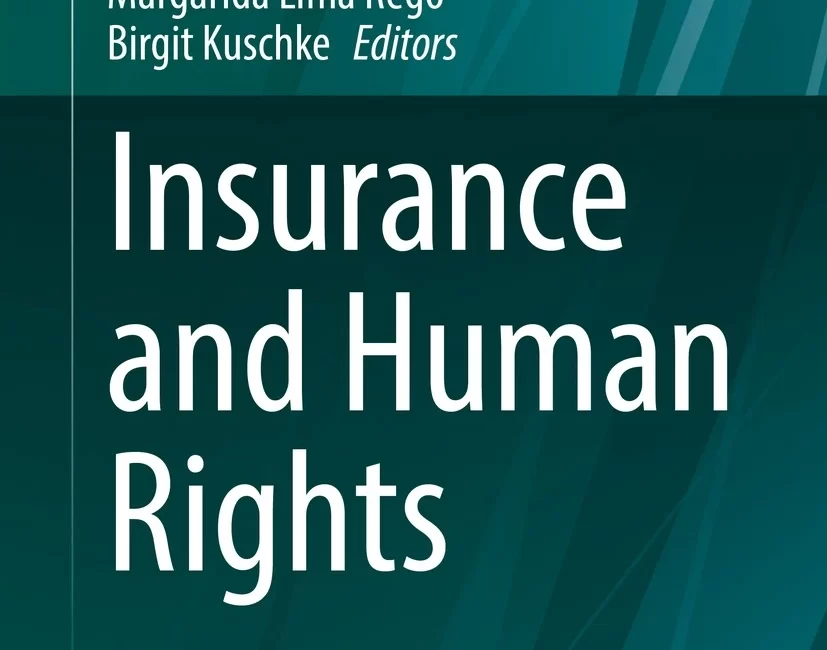
Discrimination Bans and Insurance Law
Margarida Lima Rego
Abstract Insurers rely on data and statistics to assess the risk they take on from their customers. Their evaluation of these risks provides a scientific basis for their pricing decisions. Whilst statistical discrimination as such has been clearly identified and widely studied and discussed in scientific writings in economics at least since the 1970s, for a long time these discourses scarcely penetrated the insurance business. Insurers characteristically rely on the findings of actuarial science to assess and put a price on each risk that they cover. Their decisions purport to be based on solid statistical data. Therefore, it was assumed that insurance would remain safely within legal boundaries. In this chapter, I address the conflict between two seemingly different egalitarian accounts of distributive justice that the use of some actuarial factors by insurers appears to summon. I distinguish between acceptable and unacceptable uses of sex as an actuarial factor, making the case for a moderate version of the unisex rule. I contrast the treatment of sex as an actuarial factor in Europe with the prospects of other common actuarial factors, such as age and disability. I also analyse the impact of big data on discrimination bans and address the growing difficulties of combating direct and especially indirect discrimination in a world where tech-based decision-making tools resort to virtually unchecked self-learning algorithms that explore a multitude of factual correlations previously undetectable by humankind.
C9) REGO, Margarida Lima (2022). Discrimination Bans and Insurance Law. AIDA Europe Research Series on Insurance Law and Regulation, 5, pp. 3-26. [CS 0.4, 25th, 659/885 Law. CS 2023 0.7] https://doi.org/10.1007/978-3-








